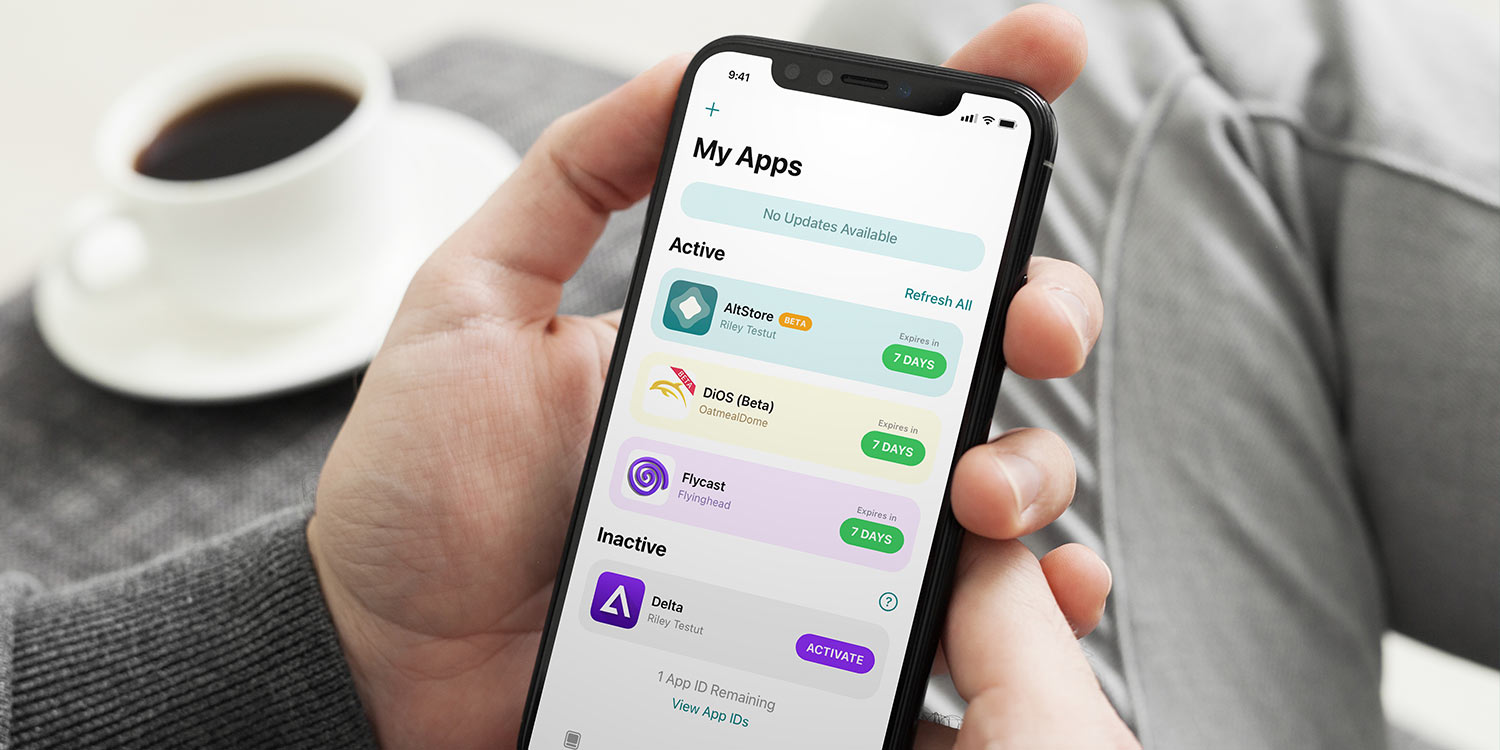TL;DR: because Apple hates sideloading
There are many great features coming to iOS 17. But one that was conspicuously absent from Apple’s WWDC23 keynote was sideloading. This feature would allow people to freely install apps from beyond Apple’s first-party App Store.
Sideloading has long been possible on Android, meaning users are not limited to what’s available on Google Play. An equivalent feature on iPhone would benefit users, and deftly deal with Apple’s refusal to allow entire groups of apps onto its store.
However, despite speculation Apple would introduce sideloading – and even someone who rolled their own solution hoping Apple would allow sideloading for all – it didn’t arrive. Why? Here are three possible reasons.
1. Sideloading is coming, but Apple doesn’t want to announce it
Apple has long argued against sideloading, claiming that it would greatly and perhaps gravely erode security on its mobile platforms. There are grains of truth in its stance, but also plenty of scaremongering, not least given that any sideloading procedure would still sandbox apps from wider system access.
Apple has in the past gone back on previous positions, but here it feels like any remotely positive statement regarding sideloading would be anathema to the company. So if sideloading arrives, any ‘announcement’ would be tantamount to a bullet point lurking behind a sign reading ‘beware of the leopard’.

Sideloading – via AltStore or otherwise – won’t wreck your iPhone, despite Apple’s protestations.
2. Apple will only allow sideloading where and when it’s forced to
It increasingly looks like the EU’s Digital Markets Act (DMA) will demand so-called ‘gatekeeper’ organizations to open up their services and platforms. The full impact of the DMA at this point is unknown, but with Apple it seems likely the company would be forced to allow users to install apps beyond the App Store if they so wished – and even allow installation from third-party app stores.
But we’ve already seen how Apple has responded to localized legislation of this sort. When laws require Apple to open up its walled garden, it does the least possible, and only within the region where it’s required to. So it’s possible by – or even on – the EU’s deadline of March 6, 2024, Apple will allow sideloading – but only within the European Union.
3. Apple is gearing up for a protracted legal battle over sideloading
Apple’s not one to shy away from throwing lawyers at problems. It will spend piles of cash to maintain positions it believes are right – as evidenced by its response to the Epic Games lawsuit, from which Apple emerged largely victorious. It seems unlikely Apple would take on the European Union, but the company has the legal expertise and attitude to dig in for a long fight.
Even if the end result is Apple inevitably bowing to EU demands, it might win compromises that benefit its position. Even if it doesn’t, delaying the advent of sideloading on its devices might be deemed enough of a benefit to counter the outlay of a legal battle.

